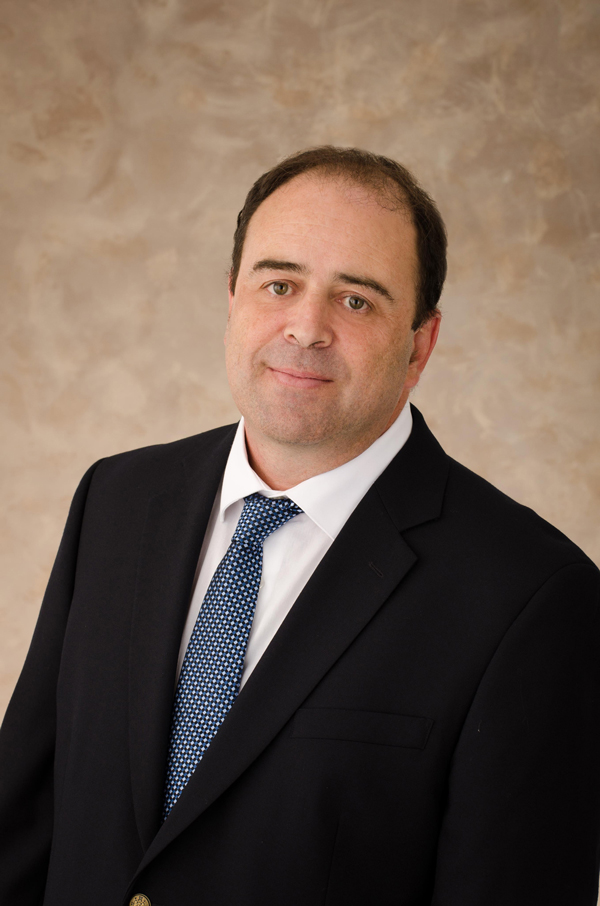
Dilson Rassier’s optimism is as striking as his level of energy. When asked how he manages to juggle his own research with his commitments to graduate students, lab, increasing administrative responsibilities, travel and family life, he says easily, “I did not know it was impossible, so I just do it.” And then adds with a laugh, “And I don’t sleep very much.”
The newly appointed Dean of the Faculty of Education attributes his ability to juggle his various roles to his supportive family, and to the people who surround him. “From the associate deans to my students and research assistants to the staff in the offices, certainly including the Dean’s office, I am surrounded by excellent people. I don’t micro-manage which means that everyone has a lot of responsibility. And because I have such good people, it works. And we have fun.”
Rassier comes to the job following a year spent as Interim Dean which was preceded by three years as Associate Dean for Research and Graduate Studies in the Faculty of Education. This experience has given him the chance to get to know and appreciate the people in his Faculty — the students, the faculty and the staff. “We have some very strong people in the Faculty of Education, working in areas that range from learning sciences and social policies, to human development and research around physical activity and health, to name just a few. We have strong basic and applied science. One of my goals is to increase the level of interdisciplinary research that goes on in the Faculty because we will all gain from it.”
“Professor Rassier is an excellent choice as Dean,” says Principal Suzanne Fortier. “He is committed to providing students with experiential learning experiences, and has a deep understanding of the diverse research activities in his faculty.”
For Rassier, as well as finding ways to support the researchers so that they can go ahead and do their best work, a further goal is to ensure that all the students who come into the Faculty of Education leave at the end of it with experience gained outside the university lecture halls. For many students this will mean spending time in schools, but some students may have placements in organizations such as foundations, private companies, or community groups, depending on their area of interest. This extracurricular activity already happens for most students in the Faculty, but Rassier wants to further strengthen it.
As he looks at the work that lies ahead, Rassier is excited rather than overwhelmed. ”I went into basic, fundamental research because I was curious about how things worked and because I wanted to contribute to science. Now I want to contribute to the University in a way that has a broader impact for the Faculty, and for the larger community. It is work that is both very motivating and intellectually challenging and I am really looking forward to it.”
